(ECNS)-- In recent years, Xinjiang-related issues have become the focus of opinionsin China and the West, with the United States and other Western countries continuing their smear on China's Xinjiang and their slander on China's governance strategy in Xinjiang. The information about Xinjiang flows separately in the vocal fields of Chinese and foreign media. Why do Xinjiang narratives in an opinion field different from that of China highlight the arrogance and alienation of the United States and other Western countries? Zheng Liang, a professor at the School of Journalism and Communication and Dean of the Institute of Communication and Frontier Governance of Jinan University, accepted an interview with the “W.E. Talk” of the China News Service recently with regard to such issues.
Here are excerpts from the interview:
China News Service: In recent years, Xinjiang-related issues have become the focus of international competition in communication between China and the West. In topic construction, however, there are great differences between Chinese and foreign opinions. What do you think of the position gaps between these two opinion fields?
Zheng Liang: We must look at the underlying causes when considering the differences in theopinion fields.
The first is the serious double standard of the United States and other Western countries towards China's Xinjiang. Those countries slander China's governance in Xinjiang as "violation" of human rightsor even as "genocide", while they have no remorse for their own systematic and routine violations of human rights and even label themas human rights “protection”. Sucha double standard has seriously undermined the normal order of global human rights.
The second isthat the United States and other Western countries have a knowledge production system different from that of China on Xinjiang-related issues.The Chinese academic circles have focused their research on such Xinjiang-related issues as national integration, Chinese National Community,and the unity of China. The Western knowledge production, in contrast,has cared more about the relationship between the central government of China and its ethnic minorities and social governancein frontier areas. For instance, some people in the Western academia have recently adopted "settler colonialism" to describe China's governance in Xinjiang. Suchkind of framework reflects the arrogance and the academic laziness of the United States and other Western countries, that is, their reluctance and disinclination to understand China's ethnic policies and its frontier governance system.
Thirdly, in the opinion field concerning Xinjiang, China stresses the equal importance of national sovereignty and human rights, such as emphasizing "Xinjiang as a part of China since ancient times"and the maintenance of Xinjiangprosperity, stability, ethnic unity and religious harmony as the greatest human rights. Superficially, however, the United States and other Western countries question China’s governance of Xinjiang from the perspective of human rights.In fact,they have "weaponized" the concept of human rights as a means of interfering with other countries and as a tool for geopolitical operations.
The underlying logic of media discourse is knowledge production in academia. In the past decades, the United States has continued its research on Xinjiang with active writings and publications. Its scholars have been producing and providing the media with an adequate source of knowledge. It must be pointed out too that the positions concerning Xinjiang are highly unified among the American and other Western intellectuals, media and human rights organizations.
The opinions concerning Xinjiang in the U.S. and other Western countriesare reluctant to admit that there is a terrorism problem in Xinjiang. Even when forced to admit, they often put quotation marks on terrorism in their reports to highlight the difference from the terrorism in the United States and other Western countries. From 2012 to 2016, the United States and other Western countries had to start admitting “terrorism exists in Xinjiang” when terrorist attacks occurred frequently in Xinjiang, but they regarded the terrorist attacks in Xinjiang as "the result of the Chinese government's suppression of ethnic minorities." That prejudice is in essence arrogance from the U.S. and other Western countries, or reluctance from the West to recognize the legitimacy of China's counterterrorism. They believe that "Only we are eligible to fight terrorism". For China, however, their belief is a kind of disdain of "Are you still eligible to fight terrorism?"
China News Service: You mentioned that since 2012, the increasing number of violent and terrorist incidents in Xinjiang has forced the West to admit that there exists terrorism in Xinjiang. Has there been any change in the knowledge production system of the Western media and academia in the processof their research concerning Xinjiang?
Zheng Liang: Yes,changes came afterthe issueofthe centers for vocational skills education and training. Before that, major Western media paid attention to Xinjiang-related issues, but with relatively lowintensity.
The Western research on Xinjiang was mainly started by various explorers in the 19th century. After China's reform and opening-up, the Western academia resumed their research on Xinjiang and have produced many papers and published dozens of Xinjiang-related works ever since. Taken together, the dominant framework of those papers and monographs concerning Xinjiang governance and ethnic relations is "oppression-resistance", or opposition and conflicts between the Uyghurs in Xinjiang and the central government of China.
With the increase of terrorist attacks in Xinjiang, the United States and other Western countriesare holding a contradictory attitude towards Xinjiang: While regarding these attacks as terrorism,they are reluctant to acknowledgethe terrorism under the influence of their ideological prejudice. Once these attacks are recognized as terrorism, toppled is their dominant framework for the research on Xinjiang-related issues formed over the past few decades.
Since the emergence of the issuesaboutthe education and training centers, some Western media have adapted their research on Xinjiang-related issuesfor the framework of "human rights oppression". That adjustment is more influenced or even coerced by various Western human rights organizations. The transformation of the framework does not go beyond the traditional Western cognition of Xinjiang. Therefore, the dominant Xinjiang-related narrative framework in the West has not changed from beginning to end, exceptfor its manifestations adjusted in different periods.
China News Service: Could you review how Xinjiang-related issues have become a hot topic internationally?
Zheng Liang: Since 2017, Xinjiang-related issues have gradually become an international hotspot. It is essentially a transformation of the reporting framework where the Western media have replaced the anti-terrorism framework with a human rights framework to reconstruct the education and training centers. In other words, their accusations change from "China’s terrorism is a resistance brought about by the government's oppression of the Uyghurs" to "China is violating human rights on a large scale under the banner of counterterrorism". That, by its very nature, is sheer graft and transfer of the psychological resistance to and hatred of terrorism among the Western population to their concern about human rights.
To hype Xinjiang-related issues as a grip of checks and balanceson China, the issue of human rights must be brought into the lives of the Western public, and extensive social mobilization must be carried out. To transform from a hot event in the media into a real social movement, fermentation is needed in the Western society first to form an opinion field among the people. Since the second half of 2019, therefore, the Western media have translated "education and training centers" into so-called “concentration camps” (‘internment camps’ or ‘prison camps’ initially), shifting China's internal affairs, counterterrorism, deradicalization and social governance issues to a stigmatized struggle between "justice" and evil. That is a node and a means to turn Xinjiang-related issues into a social movement.
When the term "concentration camp" is used and becomes mainstream, it can be observed that various reports and smears produced by Western human rights organizations at that time have started their fabrication of the definition of "genocide" against the 1948 United Nations Convention on the Prevention and Punishment of the Crime of Genocide. The propaganda of the Western media has produced a certain brainwashing effect, with the Western publicinformed via social media,to get involved in,and to get their emotions mobilized.
In fact, the Uyghur population has now reached 13 million, and there is no so-called "genocide" at all. But the core problem is that political correctness is the only visible existence when the Western public sentiment is stirred up.
China News Service: What do you think of the waysthe Western media report aboutthose Uyghurs living overseas and the majority of those living in China’s Xinjiang and other provinces?
Zheng Liang: The Western media have a dividedconstructfor the Uyghur ethnic group. In the Western media narratives, only those who dare to resist the CCP overseas are "normal" Uyghurs. If anyone supports the Chinese government and the Communist Party of China, he or sheis either "brainwashed" or not a Uyghur at all.
At the opening ceremony of the Beijing Winter Olympics this year, the Uyghur athlete DinigeerYilamujiang participated in the torch lighting ceremony, but was reported as “an athlete with a Uyghur name" in the title of the New York Times,as they dared not or would not admitthat Yilamujiangwas a Uyghur athlete. In the eyes of the Western media, how could the Chinese government have given such honors to a Uyghur when it only dumped Uyghurs into so-called "concentration camps" or carried out "genocides" against them? Involving a Uyghur athlete in the torch lighting ceremony posed a great challenge to the Western cognitive framework. As a result, we saw the New York Times quietly revising the title of its report from “athlete of Uighur origin” to “athlete with a Uighur name”from the very beginning. That deliberate change is, in essence,a reluctance to admit that Yilamujiang is Uyghur.
China News Service: How did Western media distort and smear China's practice of frontier governance by only emphasizing the so-called “identity conflict” and “oppression” in their reports in the past?
Zheng Liang: Essentially, the Western media has constructed the image of Uyghurs according to the Western state theory. Therefore, they are accustomed to exaggerating differences of theethnic minorities in China, basically not mentioning commonalities. Their reports are full of clichés such as "Urumqi is closer to Baghdad than Beijing", wishing to erase the inextricable links between Xinjiang and other provinces in China and to portray Xinjiang as an “independent region” different from other places.
In 2013, when the Chinese government proposed the “Belt and Road” Initiative, the West began to interfere with and destroy the core area of the Silk Road Economic Belt. At this time, the so-called “Three Forces” in Xinjiang became the best tool for the United States. Consequently,the U.S. manipulation of Xinjiang-related issues has become an important changing element in the general pattern of China-U.S. relations in recent years.
China News Service: It is nearly a year now since the “Xinjiang Cotton Incident”fabricated by the Western media. Do you think that they have fulfilled their purposes in the propaganda? On Xinjiang-related issues, what aspects shall China convey more clearly to the international community?
Zheng Liang: Jinan University has recently conducted research on the impact of the Xinjiang-related sanction by the U.S. on the global cotton supply chain. As the results convey, Chinese cotton producers have not been significantly affected. In fact, the Xinjiang cotton industry expanded in 2021. The Western media are essentially restructuring the industrial chain by clamoring to boycott Xinjiang cottonunder the guise of the so-called “forced labor”.
The Xinjiang-related issues are not ethnical or religious in essence butare of counterterrorism and deradicalization. China's objective in its counterterrorism and deradicalization is to maximize its protection of human rights, including the rights of ordinary people to be free from terrorism and the basic rights of terrorism victims, rather than “suppression ofethnic minorities”as slandered by the Western media. That needs to be communicated more clearly to the international community.
From the perspective of discourse about human rights, the central government of China has done a lot of work in Xinjiang, so that the living standards of Xinjiang residents have generally improved,foregrounded by the comprehensive poverty alleviationin the regionin 2020. Unfortunately, the media have rarely reported that as a guarantee of human rights. Moreover, from 2011 to 2020 alone, the central government's fiscal transfer to Xinjiang exceeded RMB 1 trillion. Behind those figures lie the living standardtransformation of ordinary people in Xinjiang greatly benefited from the huge investment of the central government of China.
Only by incorporating more human rights discourses into counterterrorism narratives, can the Chinese mediapresent Xinjiang to the world more comprehensively. Can China give a broader and more inclusive world view to such concepts as “human rights”,“democracy” and “freedom” weaponized by the West, as they are not unique to the West? The human rights narratives of Xinjiang are in fact a good starting point. (End)
(Translated by DuanWeijun)








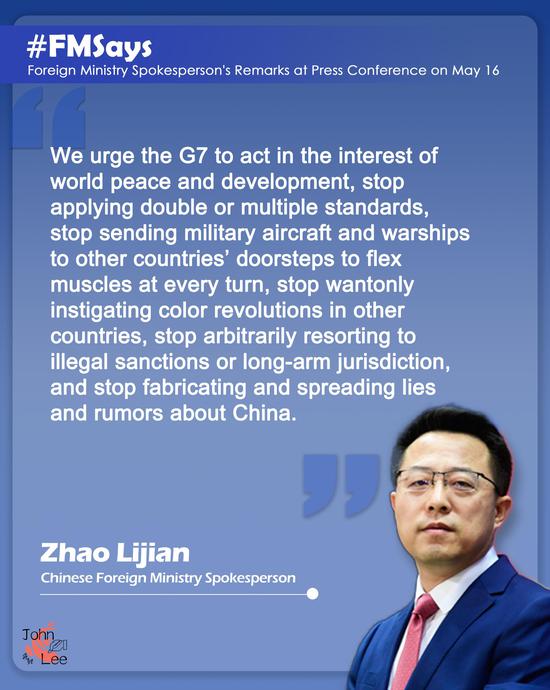
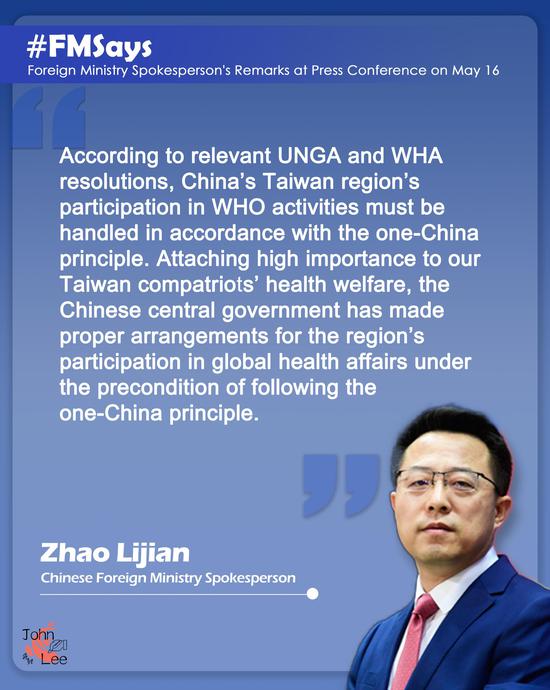
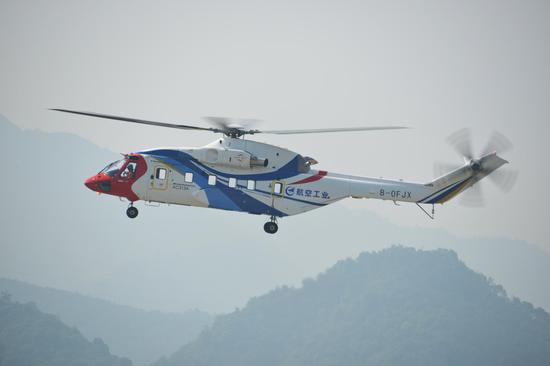
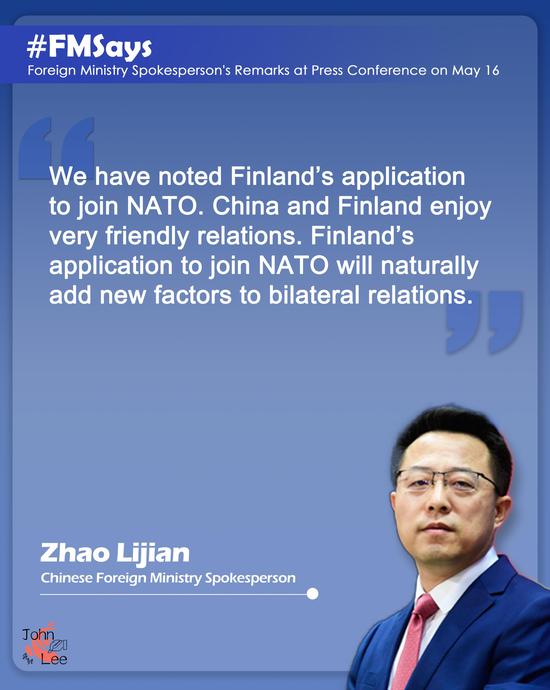

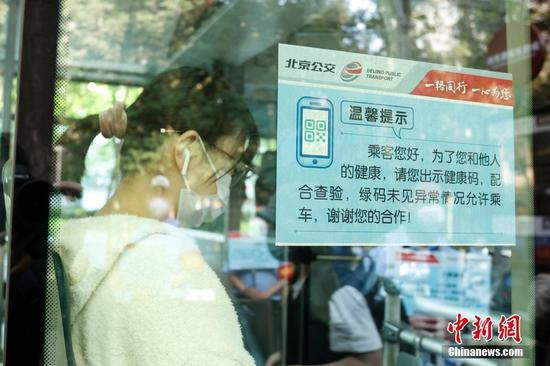
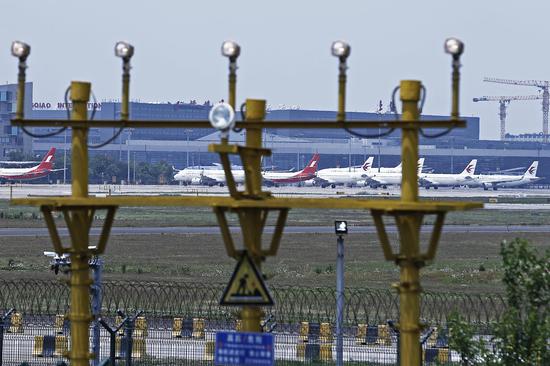



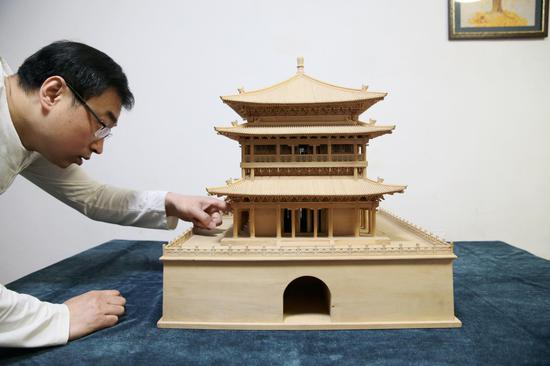
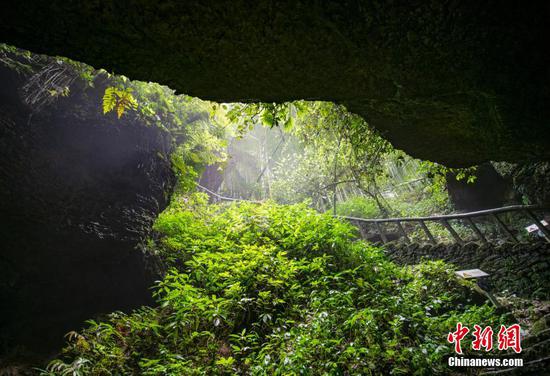

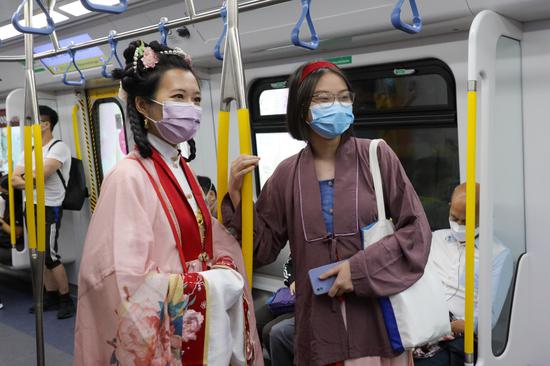

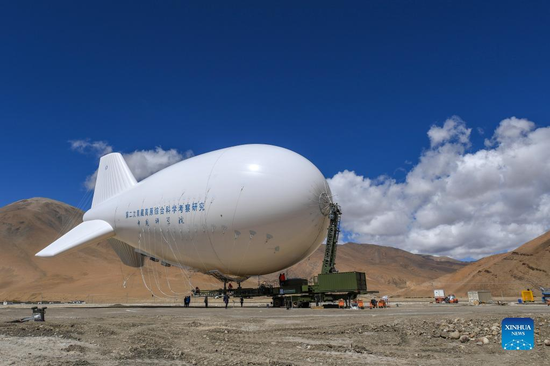
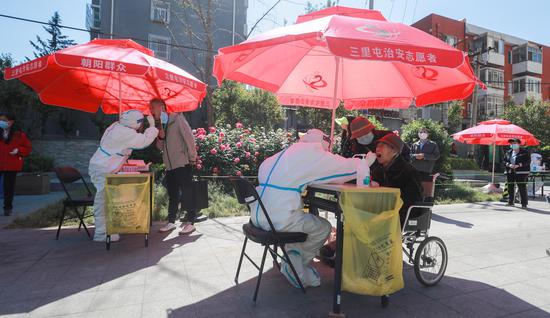
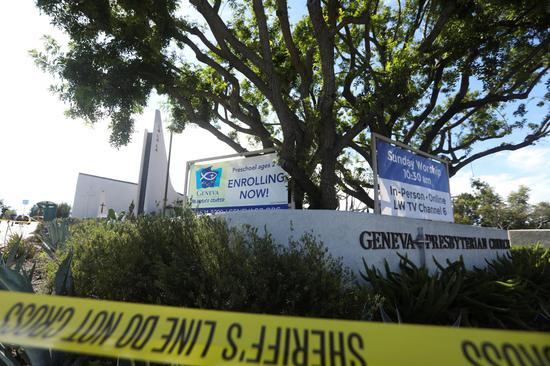
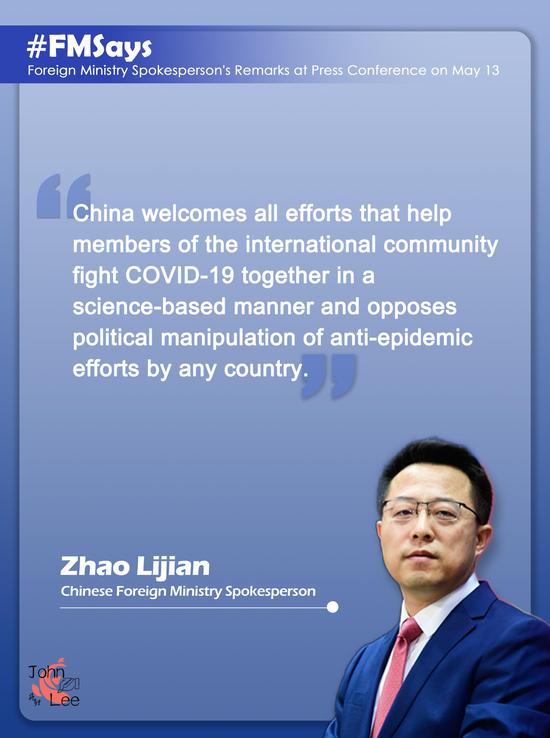
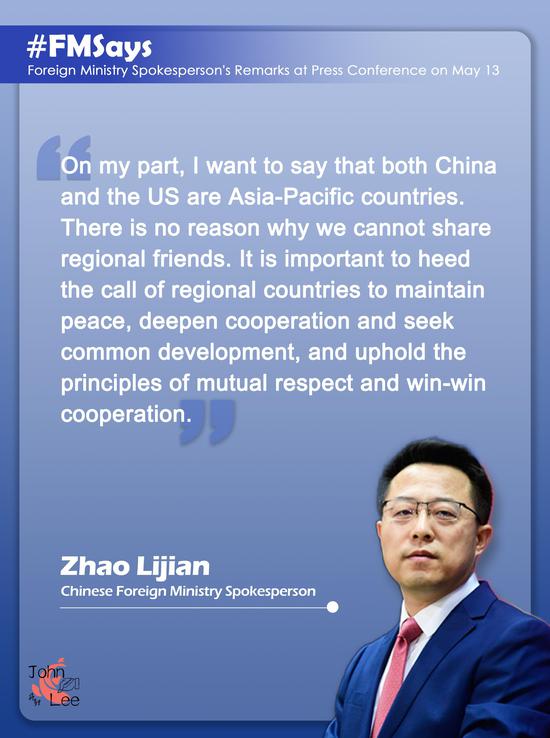


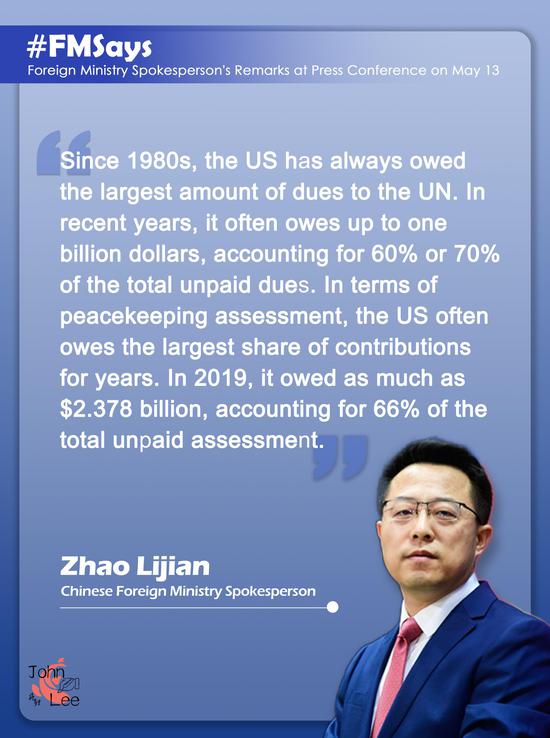
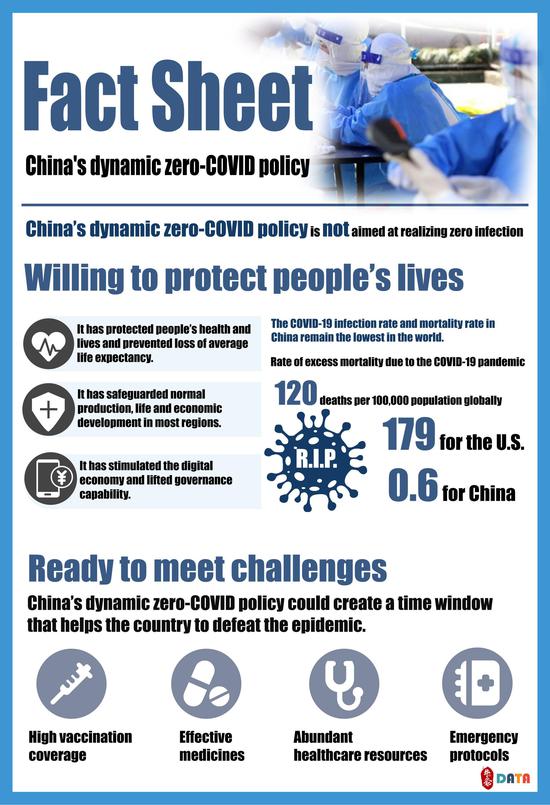
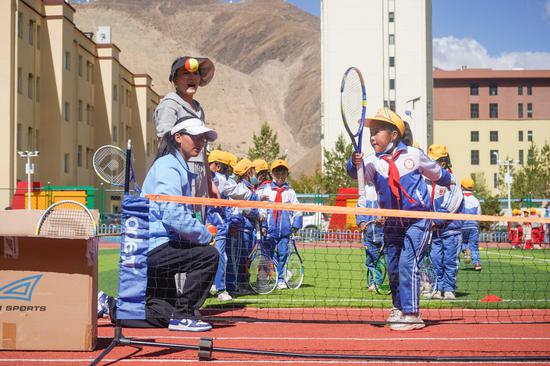

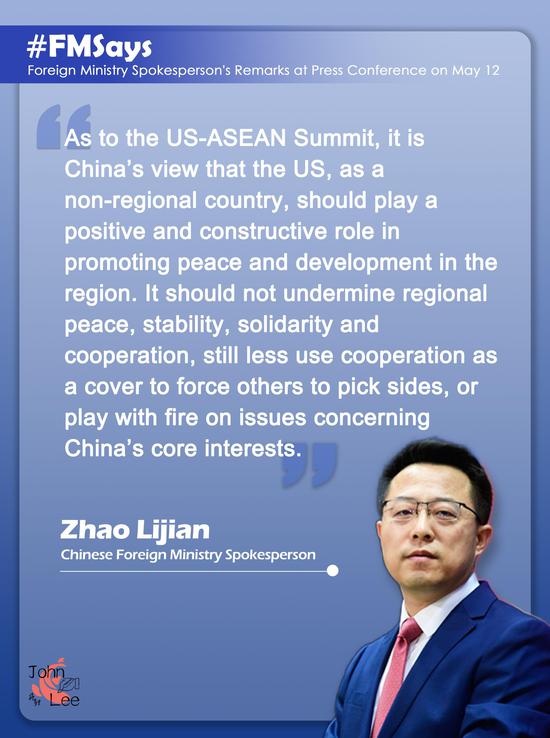
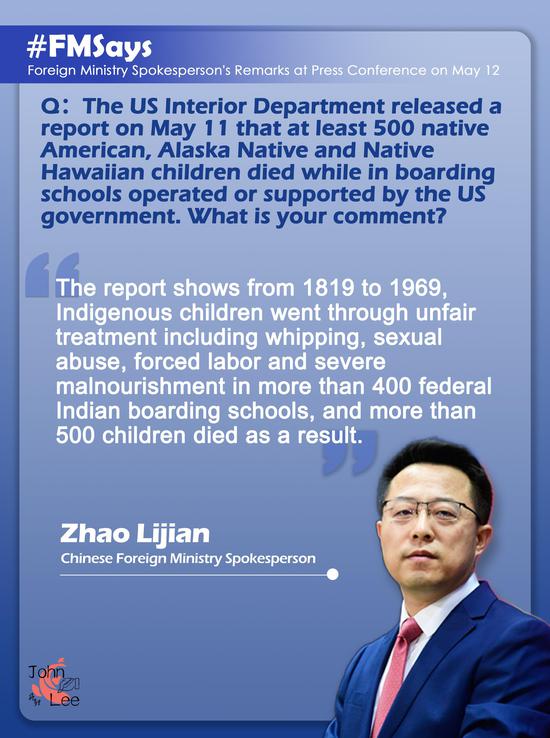
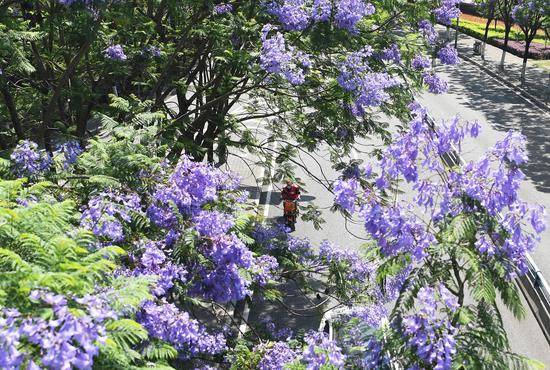
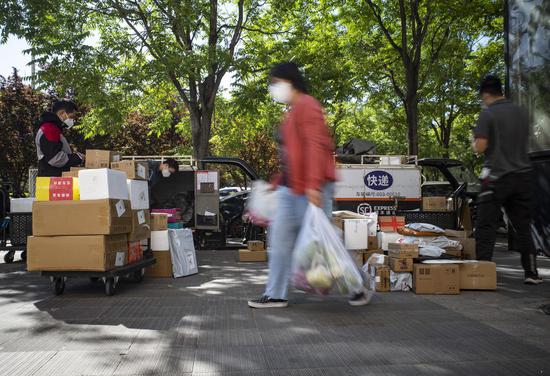
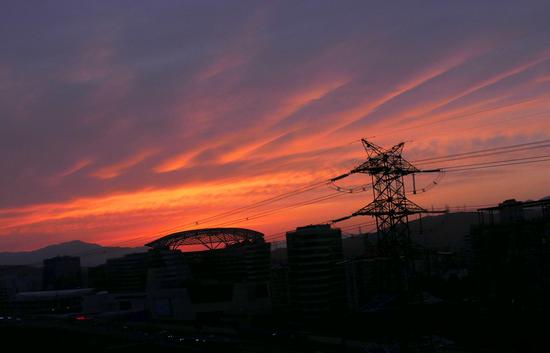
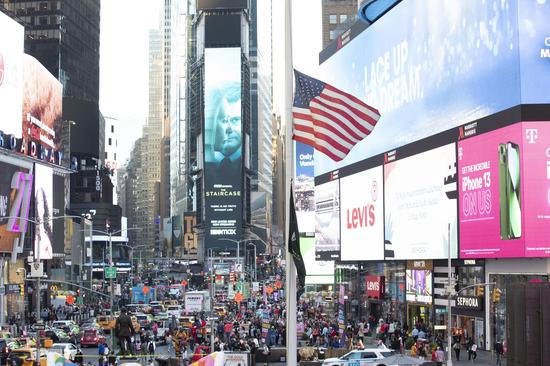
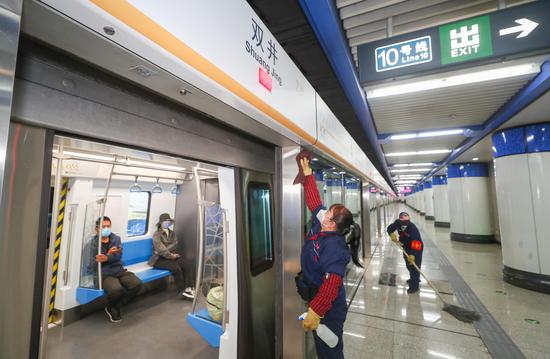
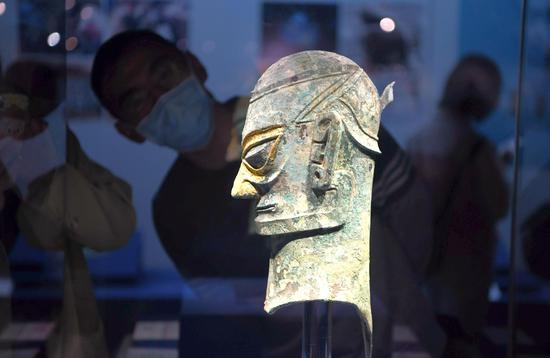
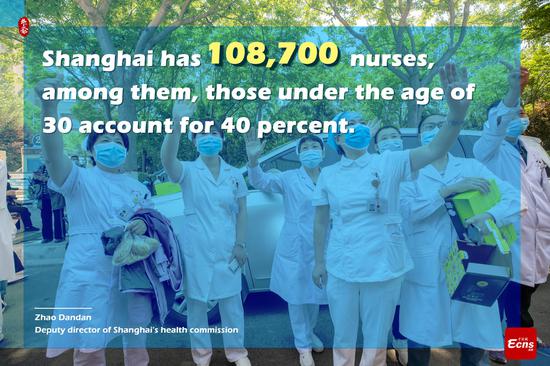
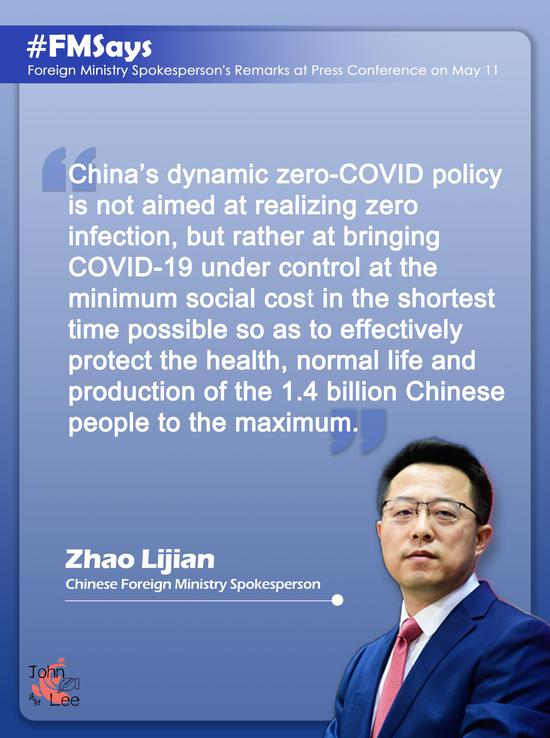
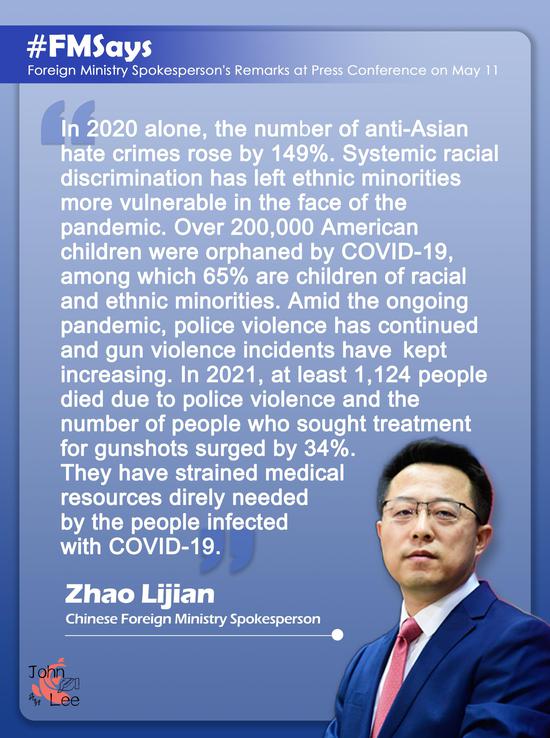





 京公网安备 11010202009201号
京公网安备 11010202009201号